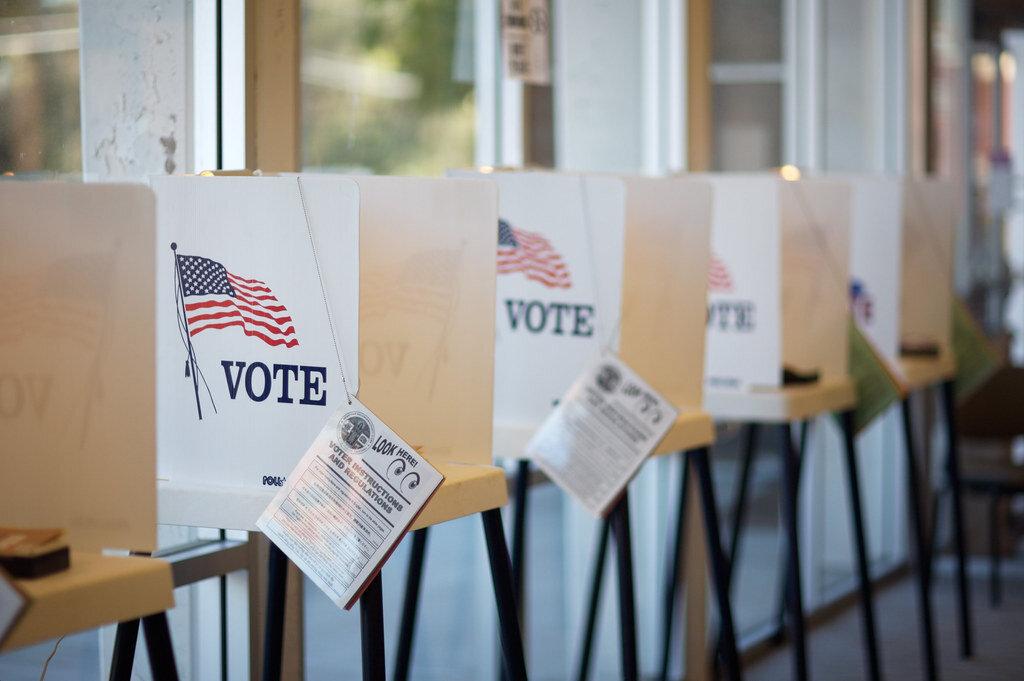Democratic candidates are gearing up for the most substantial primary voting day, Super Tuesday, occurring on March 3. This event consists of the greatest amount of states voting on the same day, which means it is a crucial day for candidates, as it can decide who will drop out or stay in the running to get the party’s nomination.
Super Tuesday is important because more a third of all available delegates will be awarded on one day. The states voting Tuesday include Alabama, Arkansas, California, Colorado, Maine, Massachusetts, Minnesota, North Carolina, Oklahoma, Tennessee, Texas, Utah, Vermont, and Virginia. States that have already voted in early primary voting are Iowa, New Hampshire, Nevada, and South Carolina. After Tuesday, 18 states will have made their decision on who they want to delegate their votes to. However, the remaining 32 states still have their heavy percentage of delegations to allot after the infamous Super Tuesday.
As of current, there are six candidates left in the running for the Democratic party’s presidential nomination: Vermont Senator Bernie Sanders; former Vice President Joe Biden; Michael Bloomberg, billionaire and former mayor of New York City; Massachusetts Senator Elizabeth Warren; and Minnesota Senator Amy Klobuchar.
After weak performances in South Carolina, billionaire Tom Steyer and former South Bend, Indiana Mayor Pete Buttigieg dropped out of the race. This year has been full of prospective candidates entering and leaving the race for the nomination, and there will be more drop-outs to come, as not all six candidates will make it to the last leg of the primaries.
As the United States heads into Super Tuesday, the crowd favorite so far has been Sanders, with Biden trailing by large margins in every state except South Carolina. However, this Tuesday could either solidify or destroy the current standings.
Currently, 149 delegates have declared a candidate based on public opinion. Sanders currently has 58, Biden has 50, and Buttigieg has 26 based on live updated 2020 United States presidential primary election results. As of now, the democratic party seems to be at a stand-still as it eagerly waits for the 14 states to vote in their primary elections on March 3, followed by the rest of the country.
On Feb. 25, the eight candidates found themselves on stage at the Tuesday night debate held in South Carolina. This debate was an important last chance for candidates to show their constituents what they have to offer prior to Super Tuesday voting. The debate was described by NPR correspondent, Domenico Montanaro, as “a bit of a mess.” Candidates could not go minutes without trying to talk over one another, make a personal attack, or raise their voice at a fellow candidate. The debate was shrouded in a considerable amount of chaos, and devolved into a shouting match with Buttigieg, Sanders, and Steyer getting into an almost inaudible argument due to them all speaking at once, as the moderators lost control.
Most of the debate followed a similar structure, with multiple candidates speaking out of turn and over one another about topics such as stop and frisk, economic policy, Bloomberg’s prior misconduct and misogynistic behavior, military enforcement, and where election funding comes from.
Throughout the debate, a degree of questionable facts spewed from one candidate to another. Bloomberg accused Sanders of working with Russia to achieve votes so that he would win the primary election and then lose to President Donald Trump, although no documentation has been provided to substantiate the claim. Buttigieg then chimed into the debate, defaming Sanders’ shot at the Oval Office if it came down to Sanders vs. Trump. This initiated a response from Sanders who said he was being attacked because he is currently favored for the nomination. Rather than candidates speaking about their policies, the debate quickly settled into smearing the electability and qualifications of other candidates, and left many democrats feeling the debate was more detrimental than it was worth.
As the polls close on March 3, the effects of the chaotic evening will be more clear, and the people will have a better idea who voters are choosing to win the Democratic nomination.



































